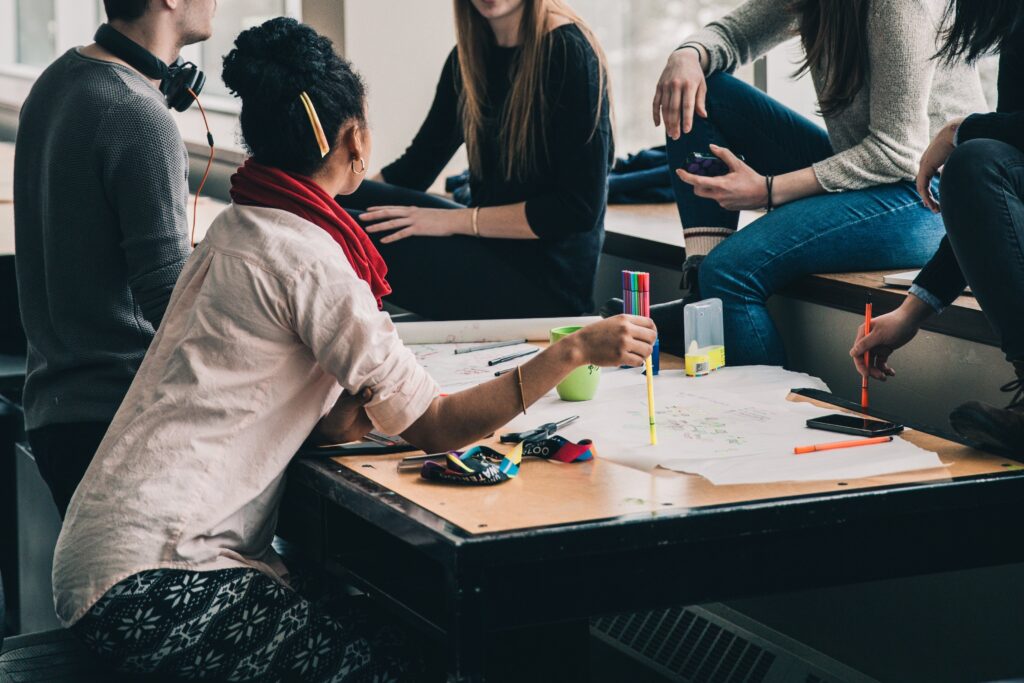
The main DOEER innovation consists of its transectorial and multilevel approach addressing to any discipline to the purpose of promoting equality-based practices.
DOEER will offer solutions as follows.
- To improve the level of digital competencies and skills in HEs, creating and validating online learning for students as new professionals in any discipline with advanced competencies of fully understanding and putting in place equality-based practices in their education and employment, to the scope of enhancing the possibilities of the human, social and cultural resources in population segments at risk of inequalities.
- With particular regard to the relevance for the labour market (Industry 4.0 ‘smart factories’), the next professionals are required to take the best advantage of all possible digital potentials to improve the results of their work. They are also demanded to be prepared understanding and putting in place equality-based practices. By acquiring such new competencies, the new HE students/professionals can contribute to a better matching, from one hand, of the needs of workers at risk of social and working discrimination for inequality reasons, with the requirements of the enterprises in the project European countries from the other hand.
- To contribute to a cohesive and democratic society, promoting equal opportunities for all people to access to the various areas of society, including employment, as necessary condition for more inclusive and resilient communities, but also for the creation of a harmonious, low-conflict society. The improvement of the competencies of the professionals dealing with equality-based practices is therefore intended to contribute to a next stronger and resilient society.
- Through strengthened cooperation between world of education and world of work within DOEER, HEs will share with business representatives the scopes of the project, cooperating to promote adpting DOEER achieve mutual benefits.